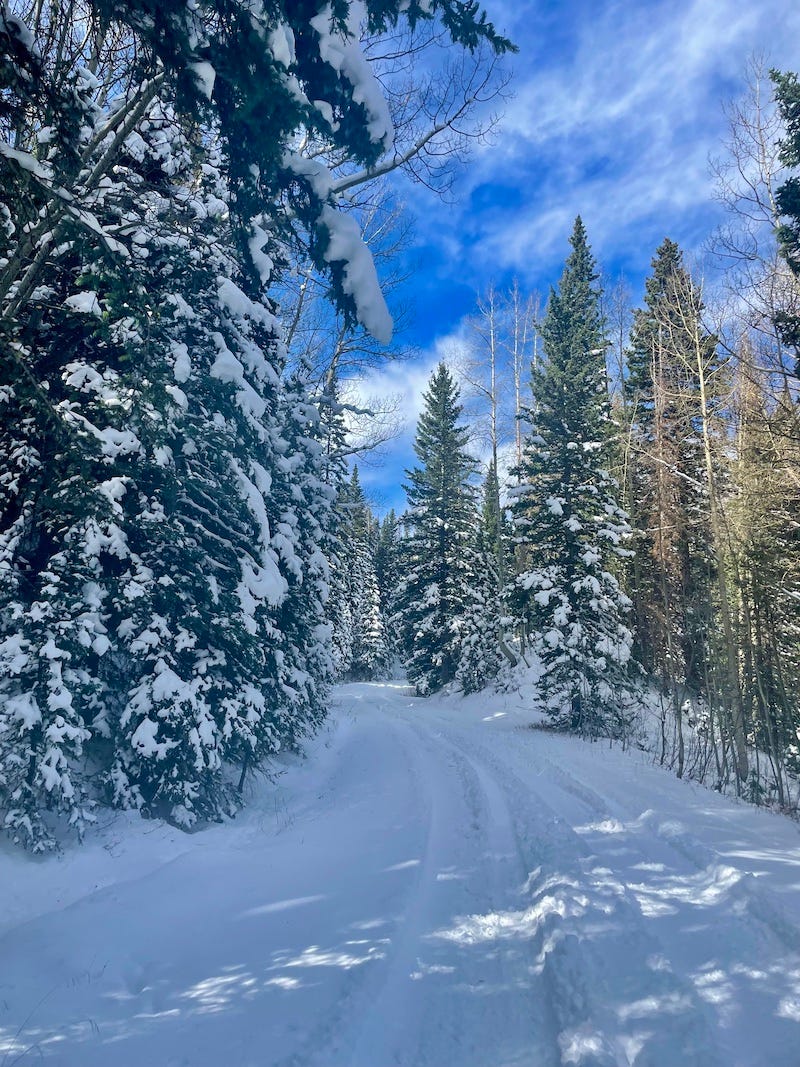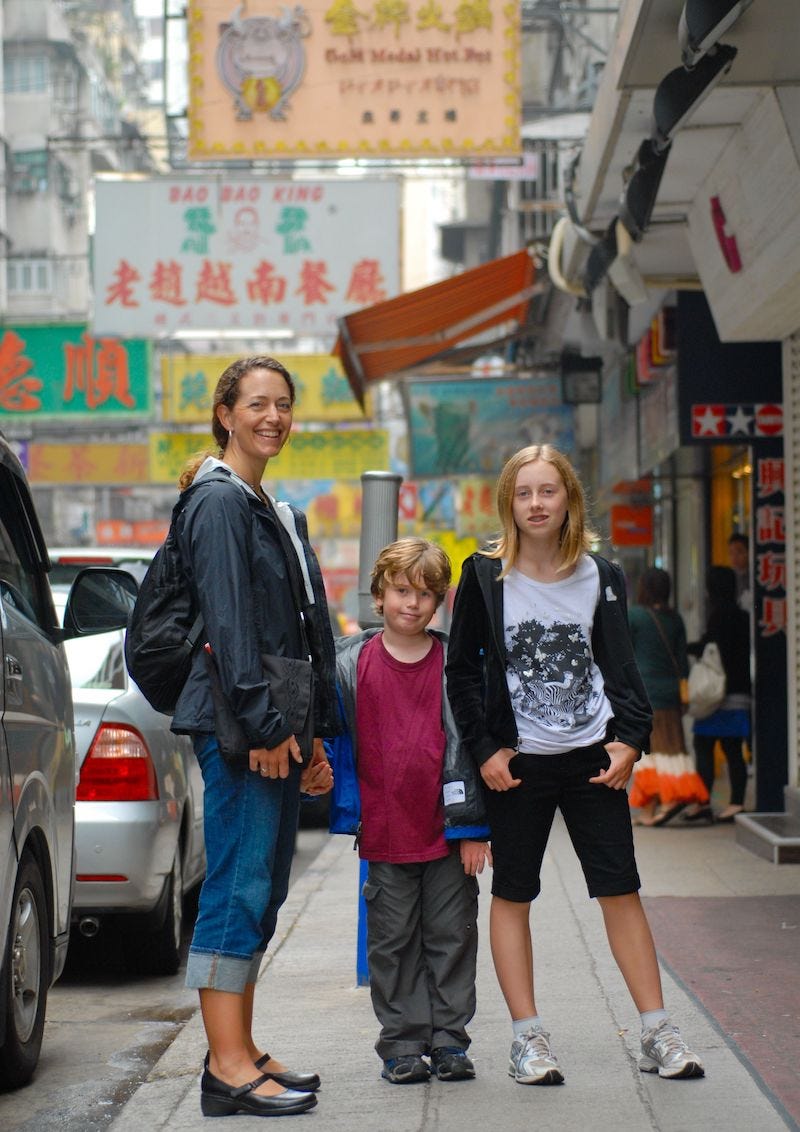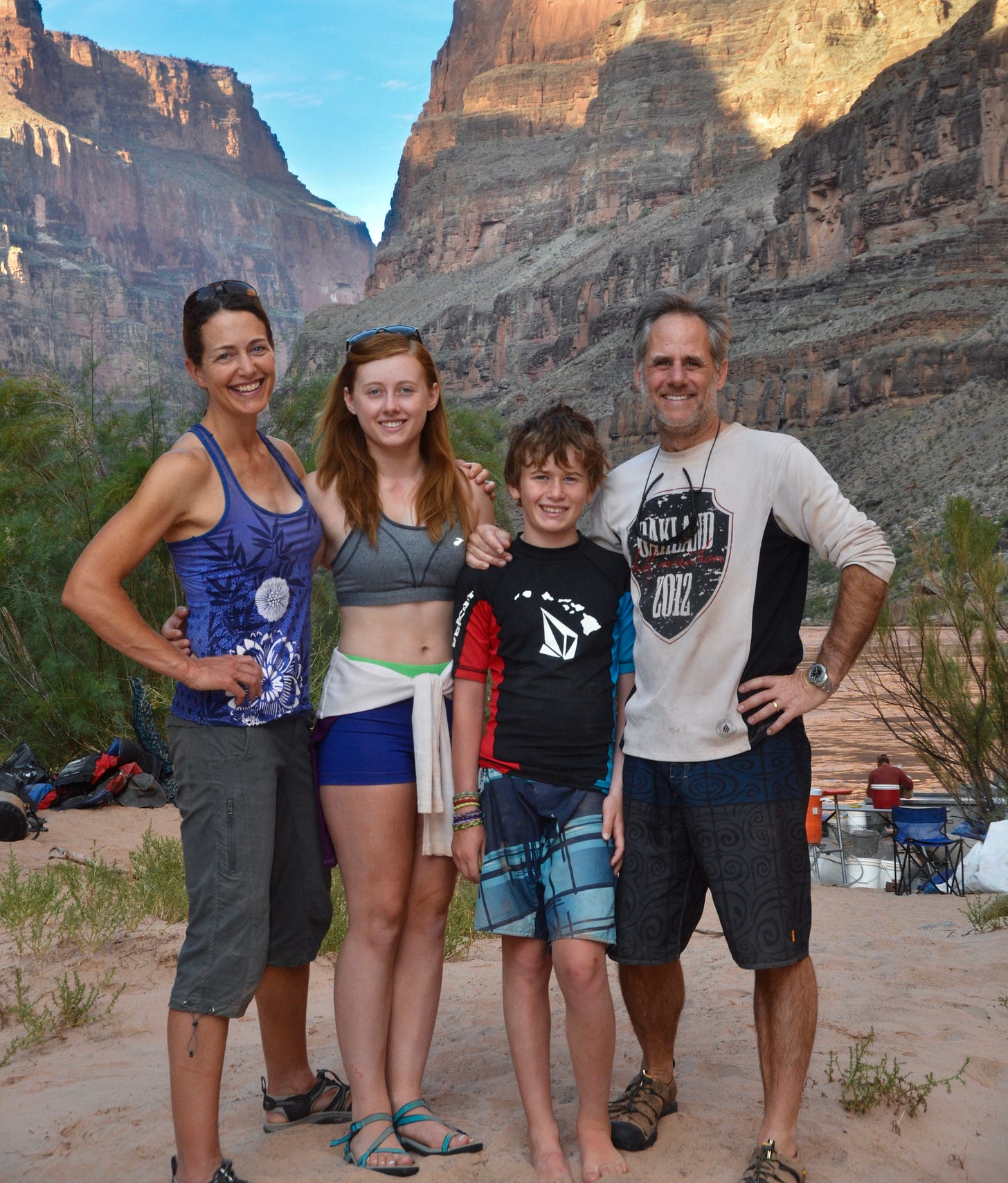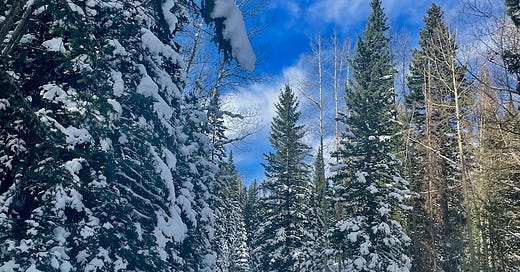Hi folks, this bonus post is for paid subscribers (with a preview going to all), and at the bottom you’ll find a link to our November zoom. Thanks for your support and for reading!
After a week and a half off from running due to covid, I ventured out for a cautious comeback run in a changed environment. Snow dazzled my eyes, cold air jolted my system, and my mind perked up as the mental fog lifted. I used part of the time on my runs to think through some gnawing feelings of fear and vulnerability that have cropped up whenever I take steps to prepare to depart for Peru in two weeks.

I used to aspire to be an intrepid traveler, eager to embrace far-flung trips for their adventures and learning. I’ve traveled under many kinds of circumstances including no-frills and off the grid, but it’s been seven years since we ventured outside of the country, so I’m rusty. Growing older has made me more set in my ways.

I’m surprisingly nervous when I consider this trip, where we’ll hike and camp along the Inca Trail to Machu Picchu and then explore the Peruvian Amazon jungle around Puerto Maldonado (near the border of Bolivia). The risks include flooding from monsoon-season downpours, sickening water, rabid dogs, and disease-carrying mosquitos. Add to that my ever-present low-level fear of flying in turbulent planes and a hesitancy to relinquish control. We’ll be at the mercy of a guide, thrown together with 12 strangers (because we’re with a group whose max size is 14), with no choice in the food prepared or the itinerary. For many days we’ll be off the grid with no Internet.
I’ve done this kind of travel before. Objectively, I know it’s likely to be an incredible, immensely satisfying trip. So I’m wondering what’s behind this simmering worry. With reflection, I realize it’s linked to pessimism about the state of the world, and to a lifestyle that lets me hide in a cocoon-like bubble of remoteness where I structure days in comforting routine.

I’d like to think that as an ultrarunner I’d be more open to adventures. The hackneyed phrases “get out of your comfort zone” and “face your fears” are woven into the sport’s culture and experiences. Even the YouTube yogi whose videos I do expressed ultrarunning’s “embrace the suck” mindset at the end of this 30-minute sequence: “There’s so much we can learn about ourselves when we challenge ourselves in this way, kind of lingering in discomfort,” she said. “It’s not easy, but we can grow from it in meaningful ways.”
Last July, I struggled mightily with nausea, fatigue, and muscle pain in the second half of the High Lonesome 100. Did I grow from it or gain anything meaningful? I proved I can finish something very difficult that I set out to do, and I gained meaningful time with my family, as related in this race report.
But, honestly, being on the trail in a community of like-minded runners is my comfort zone and escape from reality, rather than a way to get out of the proverbial comfort zone or face fears.
What am I afraid of? Sure, the minor risks we’ll face on the trip make me a bit anxious, but I can get over that nervousness. Really, my fear has to do with big, existential matters over which I have virtually no control. Things like the oversized, ubiquitous signs around Montrose that declare “This Is Boebert Country.” Or news of Putin considering nukes and the latest UN report finding that we’re past the point of avoiding catastrophic climate change. Natural disasters. Violence and hate. I feel beaten down by the news and inclined to disengage.
When I face my fears about this trip, I realize I’m letting worst-case, scary scenarios infect my outlook, and I’ve become captive to pessimism, which in turn makes me default to being a homebody where I can manage my circumstances.
So many people (myself included to some degree?) are cultivating a bunker mentality due to polarizing, fear-enhancing news and social media. Traveling is a way to get out of our “bunkers,” or the comfort zones of the known and familiar, and to break out of this pessimistic, protective mentality. When we see up close and experience the perspectives, culture, and environment of another place, we’re putting ourselves on a path toward better understanding and empathy. And for the most part—speaking from experience—we find that the people we meet from all walks of life generally default to being good and nice.


